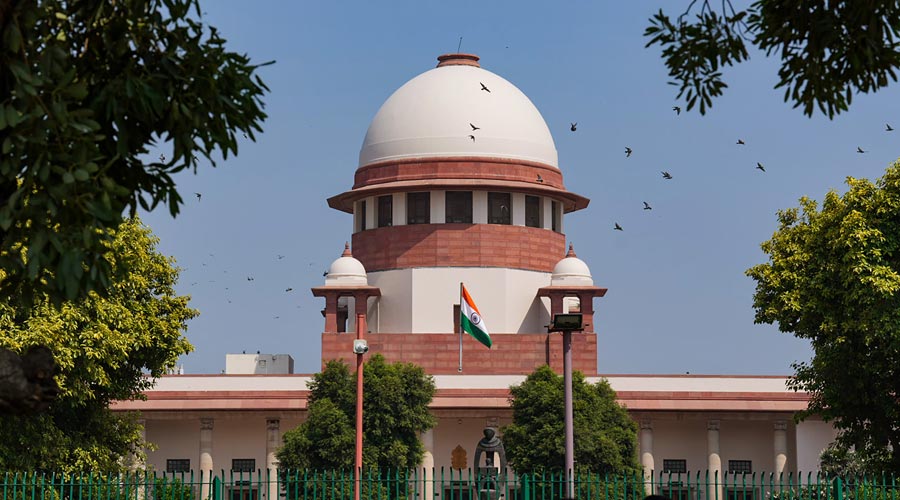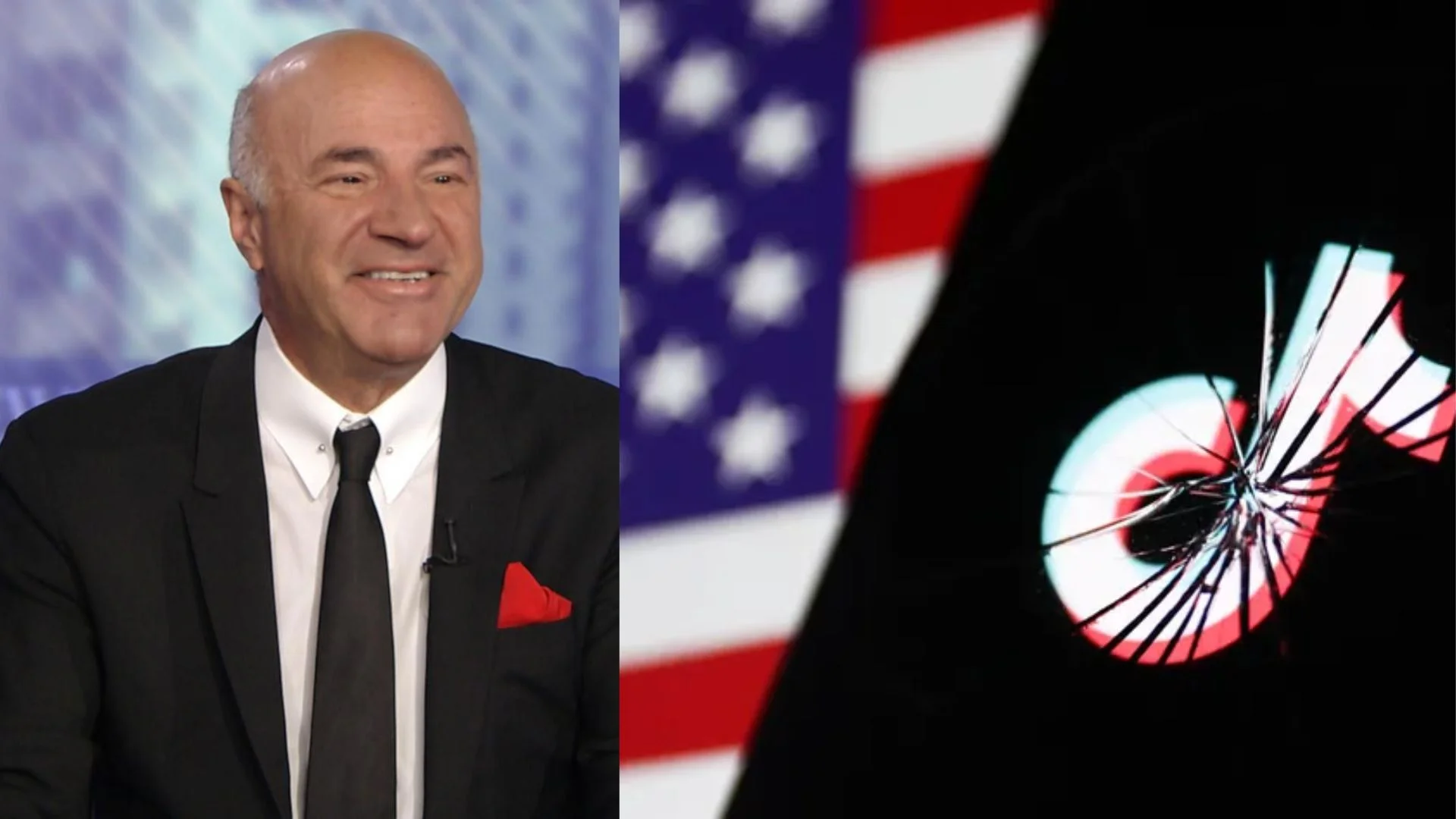The Supreme Court in the case The Animal Welfare Board of India And Ors. v. UoI And Anr observed and has stated while upholding the laws wherein it allowed the practice of Jallikattu and other similar bullock cart races, The Top Court in the case observed that there being no precedent to show that the Constitution of India recognises fundamental rights for animals.
The court noted that in its 2014judgment in the case Animal Welfare Board of India v. A. Nagaraja And Ors., wherein the court banned jallikattu, also does not lay down that animals have the fundamental rights.
The Constitutional bench comprising of Justice KM Joseph, Justice Ajay Rastogi, Justice Aniruddha Bose, Justice Hrishikesh Roy and Justice CT Ravikumar was hearing the present matter.
The court in the case observed and though that the bench though it fit to leave the question of elevation of the statutory rights of animals to the realm of fundamental rights to be considered by the legislative body. Further, the court noted that Article 14 of the Constitution of India cannot be invoked by an animal as a person. Thus, the animal welfare legislation can be put to the test at the instance of a human being or a juridical person espousing the cause of animal welfare.
The court while considering the submissions of the petitioner stated that the practice of bovine sports itself involves a strong element of involuntariness and infliction of some pain and suffering. However, the bench in the case noted that it does not extend in order to provide an absolute protection to the animals from any manner of infliction of pain and suffering and also the broad theme of 1960 Act is that the animals must be protected from unnecessary pain and suffering.

















